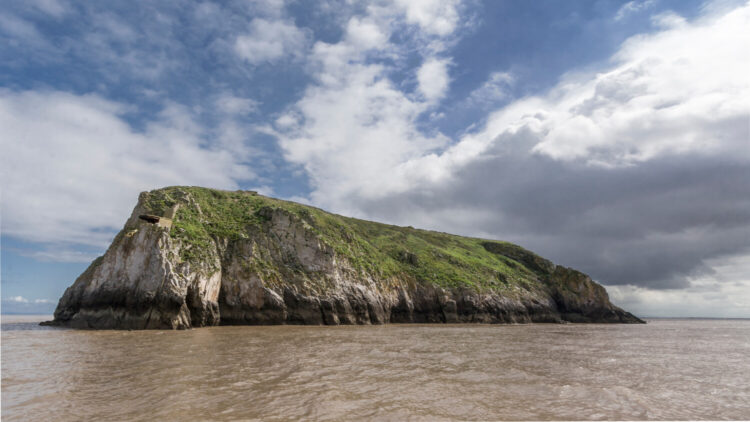There’s a U.S. island that speaks a version of Elizabethan English

America is a country where many languages are spoken — English, of course, as well as Spanish, French, Mandarin, Cantonese and the list goes on and on. Not all our languages or dialects are so well-known, however. One island off the coast of North Carolina has its own unique dialect called Hoi Toider that is quite rare.
Hoi Toider, also called High Tider, is spoken on Ocracoke Island, located on the Outer Banks. Land on the small island is primarily owned by the National Park Service, so less than 1,000 people actually live there (although it blossoms with tourists during the summer). It’s particularly the island’s old-timers who speak the dialect, approximately 150 people in total, according to Babbel magazine.
Ocracoke and Hoi Toider History
According to Ocracoke Island’s official website, the original inhabitants were believed to be a group of Native Americans called the Woccocock. The name “Ocracoke” is thought to be a mispronunciation of “Woccocock,” in fact.
During the mid-1700s, a British sailor purchased the island from another colonist, and a dialect comprising the various languages that different residents spoke was born. Babbel magazine suggests that it sounds the most like Southeastern English regional dialects in the U.K.
Interestingly, the dialect — also referred to as a Carolina brogue — has not moved to mainland North Carolina or anywhere else. Though nowadays Ocracoke is accessible by boats, ferries or private planes, the dialect did not assimilate with American English, and instead has words in common with 16th century English (among other original languages that contributed to its beginnings).
In fact, Dr. Walt Wolfram, a professor of sociolinguistics at North Carolina State University told the BBC that “it’s the only American dialect that is not identified as American.” The Encyclopedia of North Carolina refers to it as a “relic” language.
Dingbatters, Bucks and Pucks
So, what are some Hoi Toider words it might be useful to know? “Quamished” describes being sick to one’s stomach, i.e. the way one might feel on a bumpy ferry ride over to the island.
“Buck” is a good friend who is male, while “puck” refers to a good friend who is female.
And “dingbatters” are folks who aren’t native to the island — that is, tourists, as well as people who were born somewhere else and moved to Ocracoke.
North Carolina State University has some fascinating audio with O’cockers — that is, people born and raised on Ocracoke — that explains their unique pronunciations. You can also hear some O’cockers explaining Hoi Toider words (including a pretty hilarious explanation of dingbatters) in this video:
Whether or not you learn a few words of Hoi Toider to fit in, a visit to Ocracoke as a dingbatter is certain to be absolutely gorgeous.
Just try not to get too quamished on the ride over.





